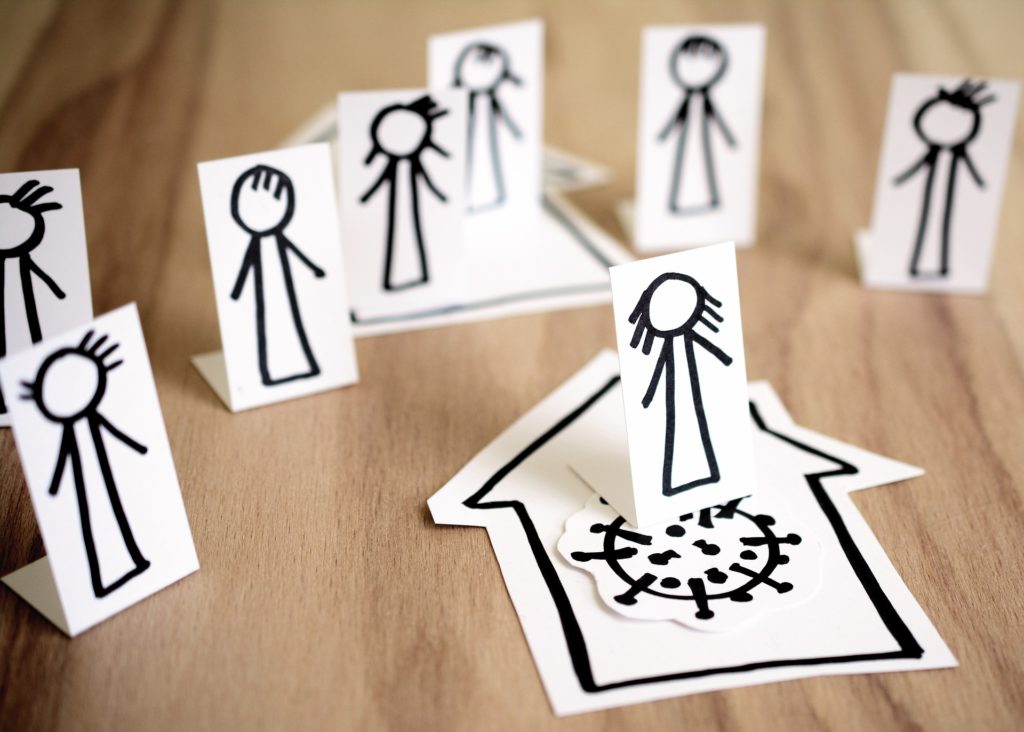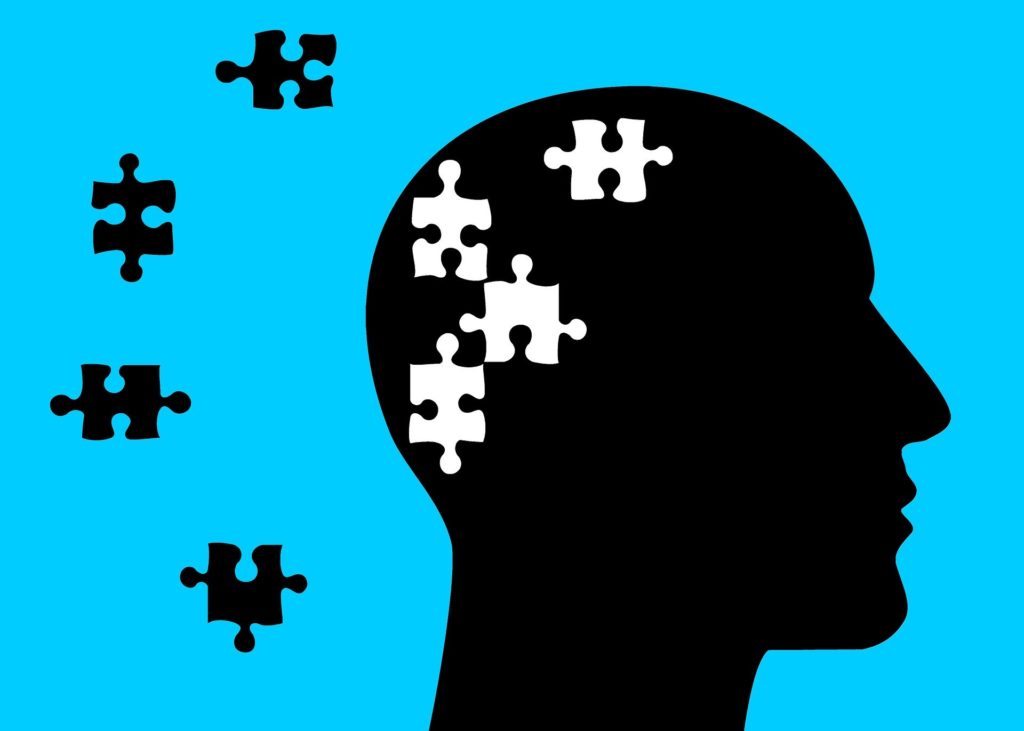
By Stan Popovich
Happiness may feel unattainable for those struggling with mental health issues. Those who regularly experience mental health issues like depression may have an incredibly difficult time obtaining and maintaining happiness. There are many steps that you can take to help handle these struggles and ensure that you can be happy as frequently as possible. Ultimately, taking these steps to help with your depression can go a long way toward helping you to find happiness in every stage of your life.
Here are a few things you should consider to help you be happy and handle the struggles of mental health concerns.
How To Be Happy
Happiness is not the result of bouncing from one joy to the next; researchers find that achieving happiness typically involves times of considerable discomfort. Genetic makeup, life circumstances, achievements, marital status, social relationships, even your neighbors—all influence how happy you are. Or can be. So do individual ways of thinking and expressing feelings. Research shows that much of happiness is under personal control.
Regularly indulging in small pleasures, getting absorbed in challenging activities, setting and meeting goals, maintaining close social ties, and finding purpose beyond oneself all increase life satisfaction. It isn’t happiness per se that promotes well-being, it’s the actual pursuit that’s key.
Tips For Dealing With Depression
Though meeting all of these goals can help you achieve a state of happiness, it can be incredibly difficult to pursue these activities when you are struggling with depression. Depression is often associated with overwhelming feelings of loneliness, despair, and hopelessness. Many people describe depression as the feeling of drowning, which leaves them without energy and the ability to complete many everyday tasks. Here are a few tips to help you if you are struggling with depression, which can aid you in your pursuit of happiness.
Socialize With Others
It can be tempting to confine yourself to solitude when you are struggling with depression. Unfortunately, this can simply exacerbate the negative feelings that you are experiencing. Reaching out can go a long way toward supporting you during your more difficult stages. Experiencing depression can certainly make socializing feel exhausting but there are many benefits to engaging in social activities when you are struggling with depression.
Exercise Regularly
Physical activity helps to produce hormones in the body that are great at lifting the mood and fighting feelings of depression. As previously stated, it is often the tasks that are difficult to do while experiencing depression that will help the most with your struggle. Though improving your health can certainly help with depression, it doesn’t require substantial exercise and exertion to provide ample benefits. If you don’t exercise regularly, it can be particularly beneficial to simply invest some time in walking around the block. Regular exercise provides many mood-lifting benefits, as well as provides benefits to physical health.
Reduce Or Avoid Drinking
Alcohol is a depressant, plain and simple. Many people turn to substance abuse as an alternative to facing the extreme negative emotions associated with depression. Though they may provide a numbing effect, they are certainly not helping with the symptoms of depression. If you drink regularly, reducing the amount you drink or even quitting altogether can substantially help you to handle the struggles of depression. Substance abuse often leads to additional problems, rather than resolving any of your existing ones.
Implement A Routine
Those who struggle with depression often find that their sleeping patterns deteriorate and become unhealthy. It is incredibly common for individuals with depression to stay up late at night and sleep throughout the day. Sticking to a routine can help to prevent you from falling into these habits, which often aid in the struggle with depression. Also, a routine will help to ensure that you eat regularly and obtain the nutrition that you need to stay healthy and undertake the fight with your mental health issues.
Seek Help
It is important to seek help when handling extreme mental health issues. Regularly visiting a therapist can go a long way toward providing you with the tools and mental strategies that you need to find happiness while living with mental health issues. Whenever you find that depression is overtaking you again and severely impacting your life, you should reach out and find the appropriate help.
Spend Time Outside
Sunlight provides many positive benefits to your health. It has been shown to boost levels of serotonin, which can substantially improve the mood and feelings of well-being. Spending time outside when you are feeling depressed can provide significant emotional and physical benefits. This can be implemented in combination with exercising if you choose to spend time walking around your neighborhood.
Stan Popovich is a Penn State graduate and the nationally known anxiety author of “A Layman’s Guide to Managing Fear”— an easy-to-read overcoming anxiety book that’s helped thousands of people to confidently manage their persistent fears and anxieties. Stan has over 20 years of personal experience in dealing with fear and anxiety. For more free mental health advice visit Stan’s website at managingfear.com and read Stan’s articles and his blog. The above is not intended to be a substitute for professional medical advice, diagnosis, or treatment. Mr. Popovich is not a medical professional. Always seek the advice of your physician or other qualified health providers with any questions you may have regarding a medical condition. Never disregard professional medical advice or delay in seeking it because of something you have read here.






